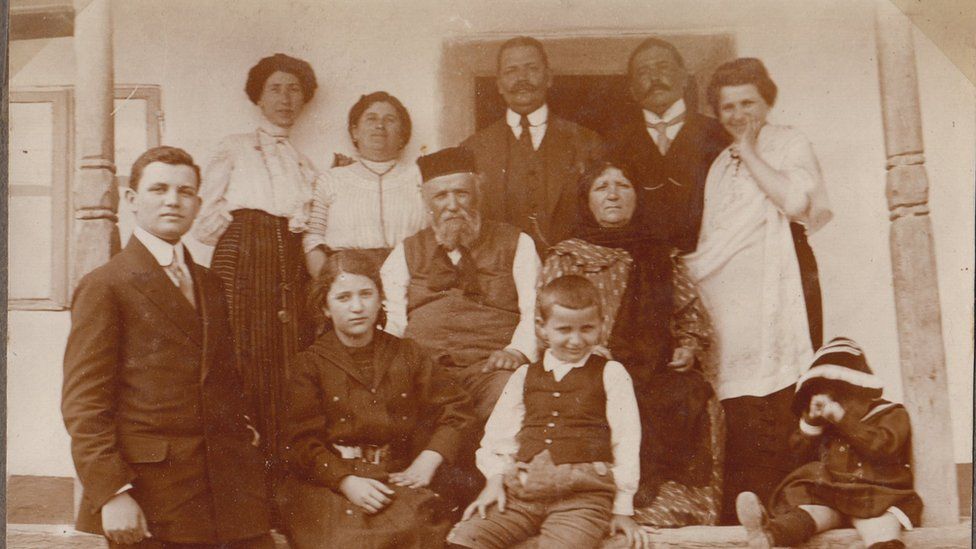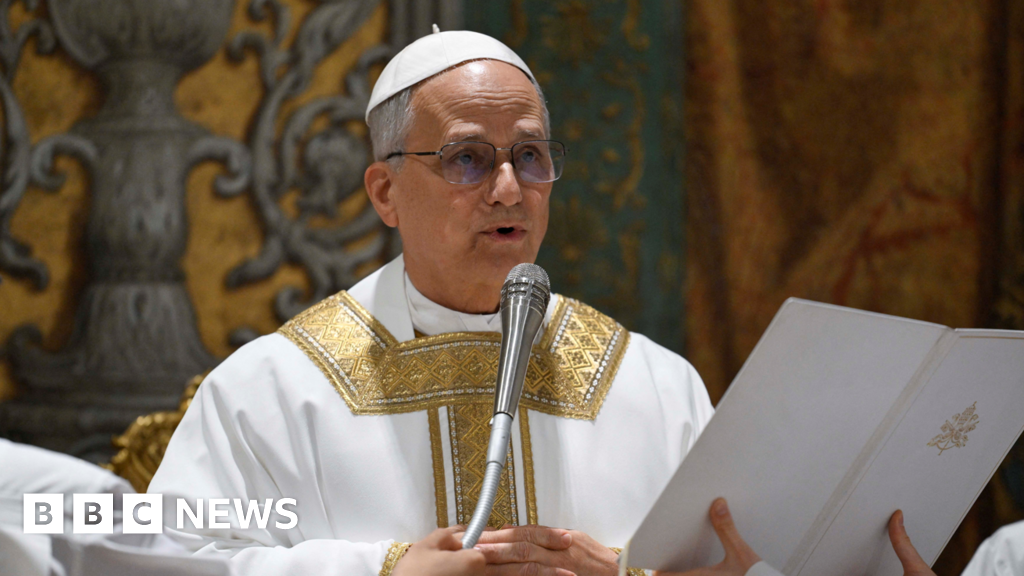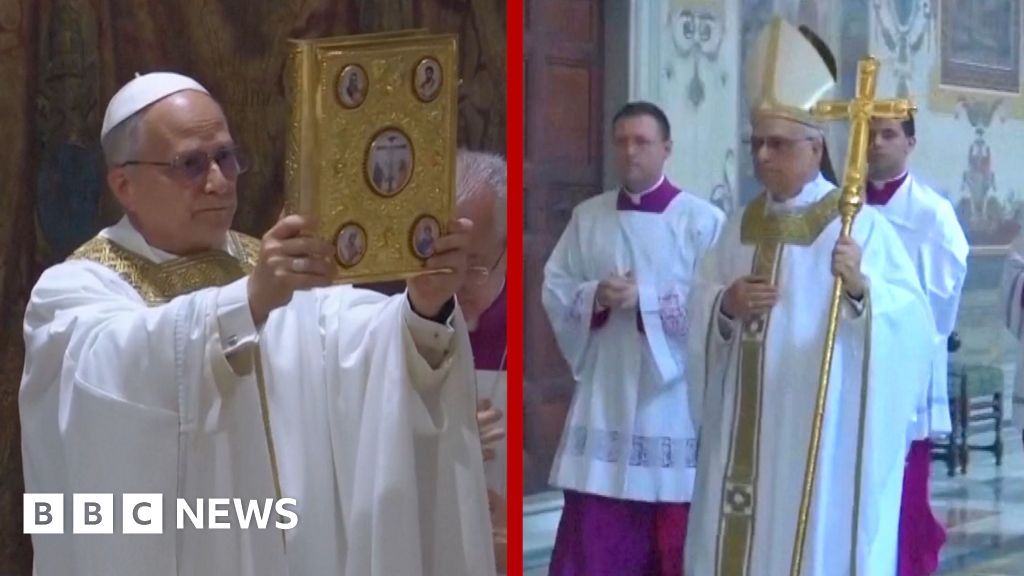ARTICLE AD BOX
 Image source, Davvid Levi
Image source, Davvid Levi
Davvid Levi says more than 10 generations of his family have lived in Chennai city
By Pramila Krishnan
BBC Tamil
Davvid Levi claims to be the last Jew who lived in the southern Indian city of Chennai.
That's because, according to government records, Mr Levi's was the last Jewish family in the city, which is the capital of Tamil Nadu state. (The BBC could not verify if the last two Jews documented in Tamil Nadu according to India's census were Mr Levi and his wife).
Mr Levi left India for "security reasons" following a property dispute in 2020. He now lives in Germany with his family.
But Chennai, he says, will always be his first home and he's determined to preserve his community's culture and history.
More than 10 generations of the Levi family, which has Portuguese origins, have lived in Chennai, which was then part of the Madras province under British rule.
Mr Levi's great-grandmother Rosa (he says she was named after the Tamil word for the rose flower) married Isaac Henriques De Castro, a diamond trader from Amsterdam who moved to Madras with her. The couple was killed in 1944 during the Holocaust in Germany while they were on a trip.
After their deaths, their only son and Mr Levi's grandfather, Levi Henriques De Castro, returned to India.
For years, Mr Levi has been documenting the history of his family and other Jews who once lived in Chennai on his Facebook page.
"I do this because I don't want the legacy of my ancestors to die with me," he told BBC Tamil.
Image source, Davvid Levi
Image caption,Davvid Levi with his children, a niece and his mother
But he now wants to scale up the mission to preserve his family's past. In 2020, he wrote to Tamil Nadu's archaeology department, requesting the state to take over his family's artefacts and preserve them in a museum.
The items include some sacred Jewish texts bound in silver, a few utensils used in religious rituals and other items from a now-demolished synagogue in Chennai, where Mr Levi's grandfather was the last rabbi.
According to India's 2011 census, the country had 4,429 Jews, with just two recorded in Tamil Nadu. In 1921, Madras province had 45 Jews.
Officials from Tamil Nadu's archelogy department say they are considering Mr Levi's request.
"Researchers are currently verifying the ownership and age of the objects," said T Udayachandran, the commissioner of Tamil Nadu's archaeology department.
He added that the verification would take at least another year, requiring examination by a team of expert archaeologists.
Local historians say the artefacts could be of great historical value as they offer insights into a lesser-known side of Jewish immigration.
Chennai was once a safe haven for Jews who fled Spain in the 17th Century after facing persecution, historian Venkatesh Ramakrishnan says.
Mr Ramakrishnan says many of these families traded primarily in diamonds with their relatives in Europe.
"As their trade flourished, a street in Chennai was named after them, called the Coral Merchant Street, which exists to this day."
Image source, Davvid Levi
Image caption,Silver-bound books from Davvid Levi's collection of artefacts
Historians say Mr Levi's artefacts could also help throw light on the larger Jewish community in India.
Besides Tamil Nadu, Jews mainly settled in the southern state of Kerala; the western state of Maharashtra and along the Konkan coast; and in the eastern state of West Bengal. Most of them were traders.
But despite the rich legacy of the community, experts say their history is fast disappearing from public life and memory.
For instance, in Kerala, only three of the eight synagogues which were built between 11th Century and 16th Century remain now, says Karmachandran, a history professor who uses only one name.
"The Kerala government should protect these historical monuments because they show that India had been a country which encouraged religious diversity and harmony," Mr Karmachandran says.
"The Jews lived a safe and peaceful life in India for many generations and their history is now India's history," he adds.
Even in Tamil Nadu, synagogues have faced neglect, Mr Levi says.
Image source, Davvid Levi
Image caption,The Jewish cemetery in Chennai has several graves marking a long-forgotten history
Chennai used to have two synagogues which were built in the 17th Century to cater to the small Jewish community.
But neither of them stand today, Mr Levi says. The last synagogue in the city was demolished in 1968 to build a school.
"As the community dwindled, we couldn't fight back to keep our property," Mr Levi says.
Ramachandra Vaithiyanath, a historian, says that none of Tamil Nadu's museums or cultural centres have any record of the Jewish community.
The Jews were "very much connected to the local people and their social movements" so it is only right that the state should accept Mr Levi's demands and keep his family possessions in a museum, he adds.
For Mr Levi, however, the conservation project remains deeply personal. "These are sacred articles which were used by my ancestors with so much reverence," he says.
"They are a part of this city's history and mine."
BBC News India is now on YouTube. Click here to subscribe and watch our documentaries, explainers and features..

 1 year ago
98
1 year ago
98








 English (US) ·
English (US) ·